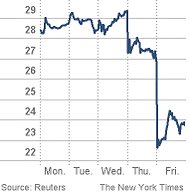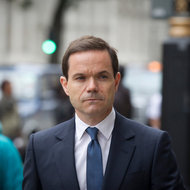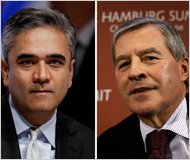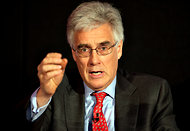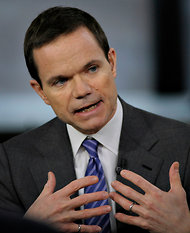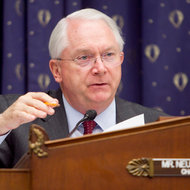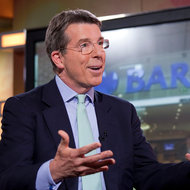The Carlyle Group announced on Wednesday that it had reached a deal to acquire Getty Images, the well-known distributor of photography, video and multimedia products, from Hellman Friedman for $3.3 billion.
Carlyle will take a controlling stake in Getty Images, while the co-founder and the chairman of Getty Images, Mark H. Getty, and the Getty family will roll substantially all their ownership interests into the acquisition. Other top Getty Images executives, including the co-founder and chief executive Jonathan Klein, will also invest significant equity in the company.
As DealBook reported on Tuesday, Carlyle had been bidding against other private equity firms, including CVC Capital Partners, for Getty Images. Hellman Friedman had acquired the company in 2008 for about $2.4 billion.
“This partnership with the Carlyle Group reflects and bolsters our ongoing strategy, strong management team and the talent of our dedicated employees,” Mr. Klein said in a statement.
The company, which is based in Seattle, was founded in 1995 by Mr. Klein and Mr. Getty, an heir to the J. Paul Getty oil fortune. It possesses an archive that includes 80 million still images and illustrations.
JPMorgan Chase, Barclays, Credit Suisse, Goldman Sachs and RBC Capital Markets are providing debt financing for the deal, which is expected to close later this year.
Article source: http://dealbook.nytimes.com/2012/08/15/carlyle-in-3-3-billion-deal-for-getty-images/?partner=rss&emc=rss
